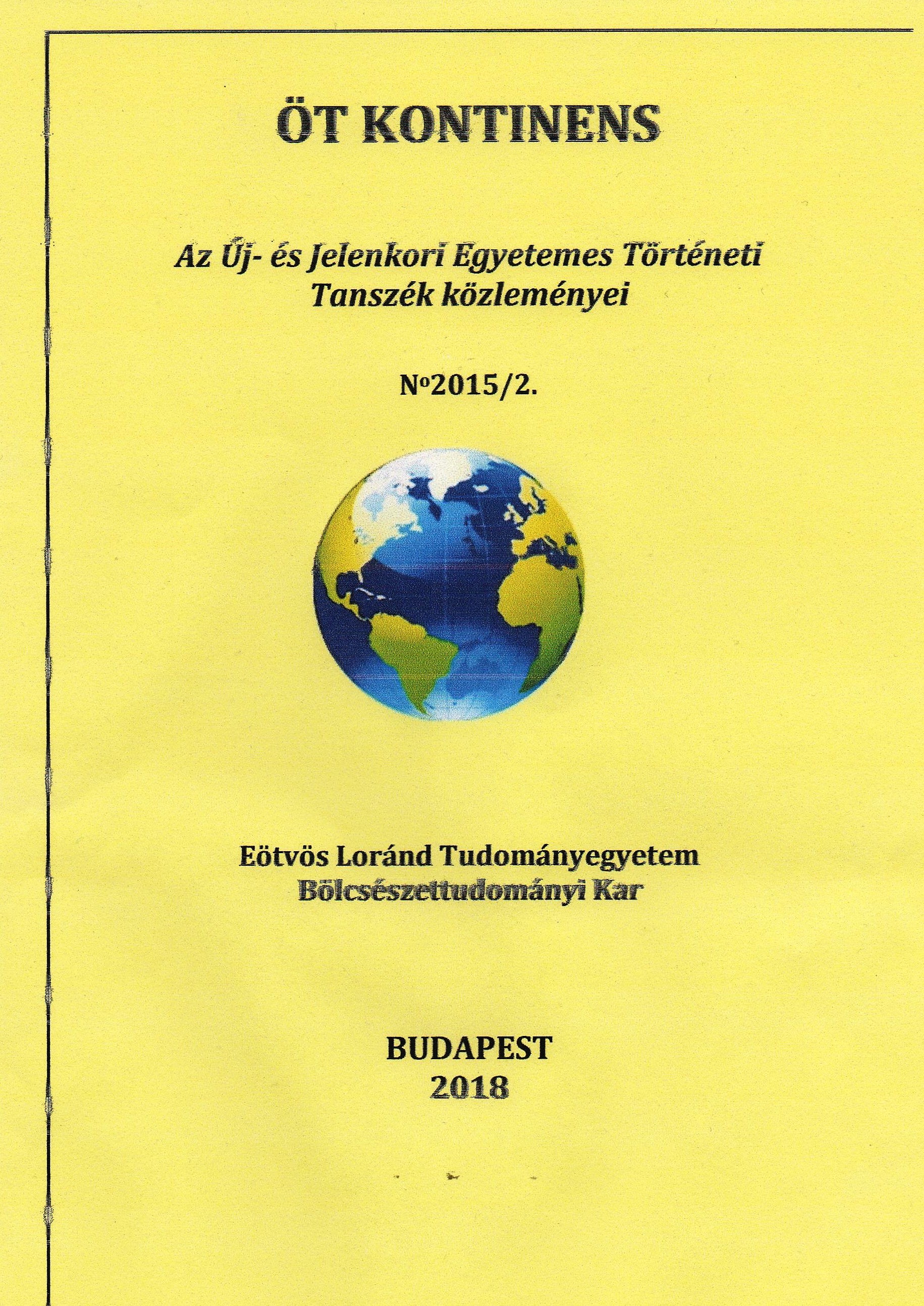The Development of the Antiwar Movement in the United States: From the Peaceful Protests to the Nationwide Demonstrations
The Development of the Antiwar Movement in the United States: From the Peaceful Protests to the Nationwide Demonstrations
Author(s): Gábor FöldessySubject(s): Political history, Security and defense, Military policy, Post-War period (1950 - 1989), Peace and Conflict Studies
Published by: Eötvös Loránd Tudományegyetem, Új-és Jelenkori Egyetemes Történeti Tanszék
Keywords: Vietnam; antiwar movement; Lyndon B. Johnson; Richard M. Nixon; U.S. society; Martin Luther King; the 1960s; American politics; hawks and doves;
Summary/Abstract: While the United States was involved in a military conflict in Vietnam, a large-scale antiwar movement developed in America. However, the antiwar movement was deeply influenced by the social movements of the 1960s while, at the same time, American society was also in the process of transformation. Thus, these simultaneously emerging factors contributed to a massive and extensive antiwar movement that aimed at ending the war in Vietnam. In addition, the war also divided the American nation into war supporters and war protesters. Eventually, the antiwar movement had an effect on the American politicians, on U.S. legislation, and on America’s policymaking as to Vietnam. As a result, the United States was unable to win the war in the Southeast Asian country. The aim of this research paper is to study the development of the antiwar movement in the USA during the Vietnam War and to examine the direct effects of the movement on America’s Vietnam policy.
Journal: ÖT KONTINENS
- Issue Year: 2015
- Issue No: 2
- Page Range: 49-70
- Page Count: 22
- Language: English

